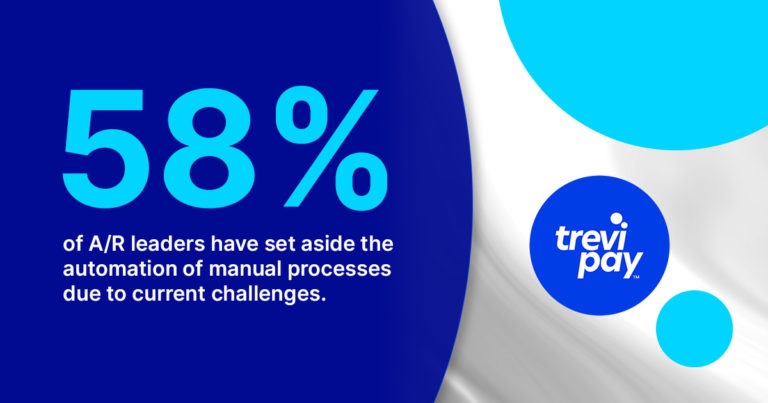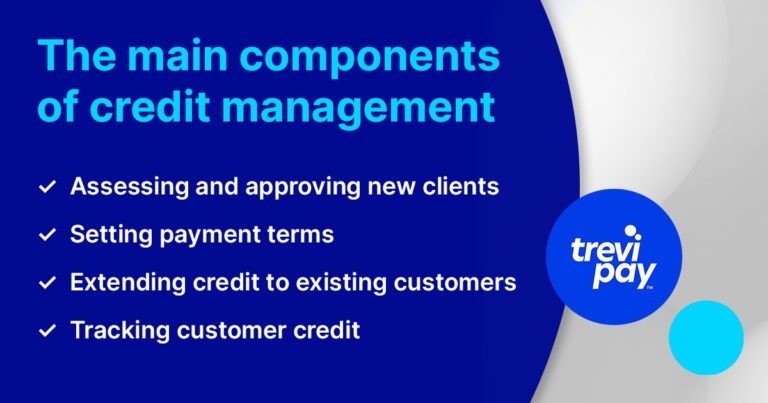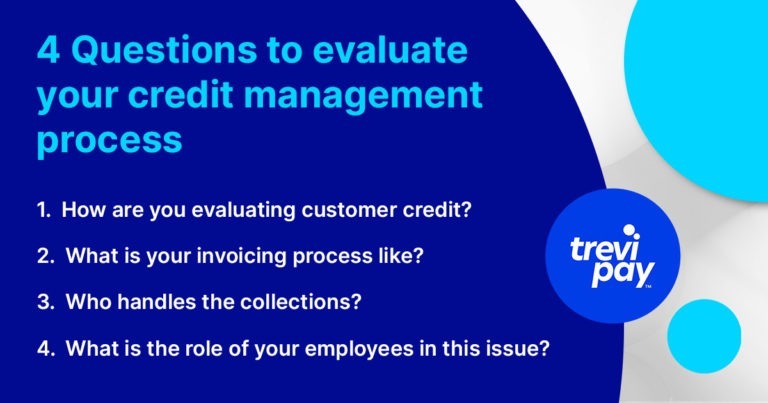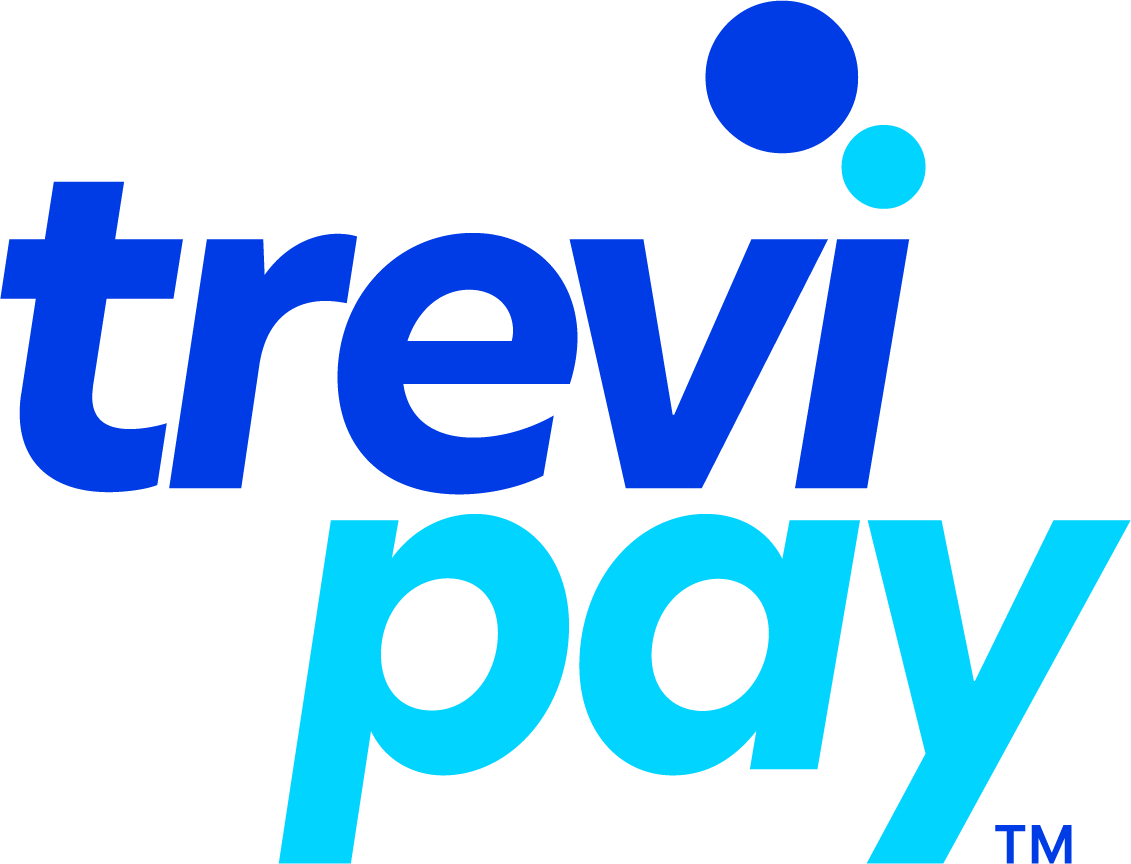Benjamin Franklin once wrote:
Remember, that money is of the prolific, generating nature. Money can beget money, and its offspring can beget more, and so on …. The more there is of it, the more it produces every turning, so that the profits rise quicker and quicker.
Benjamin Franklin, Advice to a Young Tradesman, Written by an Old One (1748)
This still holds true today, nearly 300 years later.
Many businesses struggle with managingcredit. Often, it’s because they are too busy with their core work.
However, credit management heavily influences business performance. So, improving it is vital.
Let’s take a look at what credit management is, why it matters, and how to improve it.
What is credit management?
Credit management refers to everything directly related to approving, monitoring and recovering customers’ payments. This includes onboarding, setting payment terms and policy, issuing trade credit or other business financing, and collections.
It is a core task for banks and businesses across all industries and markets. Best practices, levels of risk and days sales outstanding (DSO) (a measure for determine the health of businesses’ collection processes) vary in each of these.
At its core, effective credit management is the caretaking of a company’s financial health. Good credit management can mean the difference between a business surviving, thriving or going bankrupt…

Is credit management the same as collections?
Credit management and collections (procedures for collecting unpaid bills) are not the same thing. However, they are closely related to one another. And they are often managed by the same department.
Sometimes companies control their own credit management team and outsource their collection process to a third-party collections specialist. This could be a resources issue or because they believe the third party is simply better at recovering their invoices and debts.
Third-party collections agencies sometimes induce quicker payments. Customers think the financial risks of owing bad debts to collections agencies are higher than owing to suppliers.
Credit management and order-to-cash (O2C)
Both credit management and collections are a part of the wider order-to-cash (O2C) process. Order-to-cash covers:
- Receiving orders
- Shipping products
- Invoice issuing
- Collections
- Creating a record of sales
In other words, everything from when the customer makes an order to when the business receives the cash.
However, despite the overlap, it is still useful to think of them separately most of the time. This is because credit management is more related to businesses’ own finances, whereas O2C involves considerations about the buyer journey.
The main components of credit management

Below is our list of the most important areas involved in good credit management.
1. Assessing and approving new clients
A good credit management system can quickly and effectively assess a customer’s financial situation. But balancing ‘quick‘ and ‘effective‘ – two often competing requirements – isn’t easy.
Overly long assessment processes risk potential customers abandoning the process or defecting to your competitors. And if assessment isn’t done to a high enough standard, your business might be taking on risk.
2. Setting payment terms
Setting payment terms is the practice of deciding when invoices should be paid.
Again, a balance is needed – this time between suitable and competitive terms and maintaining a healthy cashflow and low risk profile.
What is a credit policy?
A credit policy is a set of guidelines and rules for credit management operations, including conditions related to payment terms, late fees, credit limits, interest rates, and more.
A good credit policy should do the following:
- Define customers’ credit limits (the maximum amount they can borrow)
- Define credit terms (when payments, discounts, and late fees are due)
- Detail where to record transactions
- List actions to take for collections and non-payment
3. Extending credit to existing customers
Extending trade credit lines has long been a popular business tool. It can be done in several ways, including issuing credit notes and offering other financing options to your customers.
It is often necessary if you want to retain business. And financing can bring extra benefits such as increasing sales conversions, average order volumes (AOV), and customer loyalty
Credit terms can vary according to the credit or payment history of specific customers. So, credit management decisions are critical when considering offering these financial services.
4. Tracking customer credit
The ability to continuously monitor and prioritize your sales ledger is a key credit management function.
This area may crossover into the realm of collections. For example, for B2B companies, it might involve dunning, which is an important part of establishing the status of late payments.
What is a credit manager?
A credit manager is someone responsible for overseeing credit management processes. They usually have backgrounds in finance and/or business administration.
They should have oversight over the credit management and credit application process and best practices. They should also be responsible for keeping your credit policy up-to-date.
The role requires good analytical and organisational skills. They manage the assessment of multiple potential and existing customer’s creditworthiness simultaneously.
Communication skills are also important. After all, customer relationships are involved, and they will often need to manage a credit team, too.
What is good credit management?
Good credit management involves ensuring all customers pay their invoices on time and within the terms and conditions. This means collecting payment from clients who had the correct amount of credit extended to them in the first place.
At least, that’s the ideal…
In reality, it’s very unlikely all customers will pay all outstanding invoices in full and on time. This is why you need a good credit management program and team.
The benefits of good credit management
The primary benefit of good credit management is the improvement in your company’s liquidity, i.e., cashflow.
It should also lower the rate of late payments. This in turn will save time for your internal resources.
It will also improve your DSO performance, the amount of bad debt a financial portfolio presents, and even negative or positive customer relations.
B2B credit management
Business-to-business (B2B) credit management is simply credit management carried out by most businesses that work primarily with other businesses.
However, the categories of B2B and business-to-consumer (B2C) are useful. The highlight important differences between working with other businesses and consumers.
For example, B2B order volumes are usually higher but less frequent than B2C ones. This affects the customers’ payment terms which effects the suppliers’ cashflow.
There are also other things to assess and monitor, such as your customer’s customers financial situations.
4 Questions to evaluate your credit management process

The following questions will help determine the quality of your current credit management.
1. How are you evaluating customer credit?
When new customers apply for credit, you’ll need manual or automated system to determine creditworthiness, then a process in place to monitor it over time.
2. What is your invoicing process like?
Invoicing can also be manual or automated. It’s important to keep in mind, nearly 1/3 of B2B organizations report that over 50% of their customers have unique invoice requirements. This has implications on how your process should run and how easy or difficult it will be to manage and scale it.
One solution is digital invoice processing (or eInvoicing). This can take time to set up, but once complete it can make your invoicing faster and more accurate.
3. Who handles the collections?
It’s inevitable that customers will fall behind on payments. You’ll need staff to track down overdue payments, and apply them correctly.
It takes on average more than 18 hours per week for a full-time employee to collect payments and more than four days to onboard new customers.
4. What is the role of your employees in this issue?
Reliance on manual A/R processes takes a human toll.
A/R teams struggle to keep up with the high volume of customer requests and disputes as well as the increasing amount of invoice and billing errors that require attention.
Do you need a third-party credit management partner?
If the above tasks are not within your core competencies, it’s time to consider credit management support.
Each question is interlinked and can be outsourced, or even automated in some cases, with an accounts receivable partner such as TreviPay.
Choosing a Credit Management Provider
Once you’ve decided to seek a third party to help manage your credit program, look for a provider with a comprehensive service and platform.
It’s also important to find a partner who knows your industry well and can quickly analyze and improve your risk exposure.
TreviPay’s solution extends risk-free credit and automates A/R under your brand while providing protections against bad debt. We handle everything from underwriting the credit, onboarding and invoicing through to collections and more.
Conclusion
Good credit management is essential to maintaining or growing a sustainable business.
It is often associated with the collections process. They are linked and often take place in the same department – but they are not the exact same thing.
Credit managers need to make quick but thorough assessments about onboarding new clients and extending credit. They also need to balance reducing credit risk with maintaining or increasing cash flow.
In other words, providing longer payment terms can increase your customer base, but it can also reduce your cashflow and increase your risk.
Credit management for business-to-business (B2B) is often more complex than it is for business-to-customer (B2C) ones. It involves high order volumes and longer payment terms.
There are several ways you can evaluate your current credit management. These include following best practices for assessing customer, credit history, invoicing, collections and employee allocation.
In some cases, outsourcing your credit management to a third party can help you improve cash flow and better utilize internal resources.
Schedule a demo today to see first-hand how TreviPay can help your business grow.





